The deadly attacks on Syrian truffle hunters
Islamic State suspected of targeting Syrians risking their lives to secure much-needed income
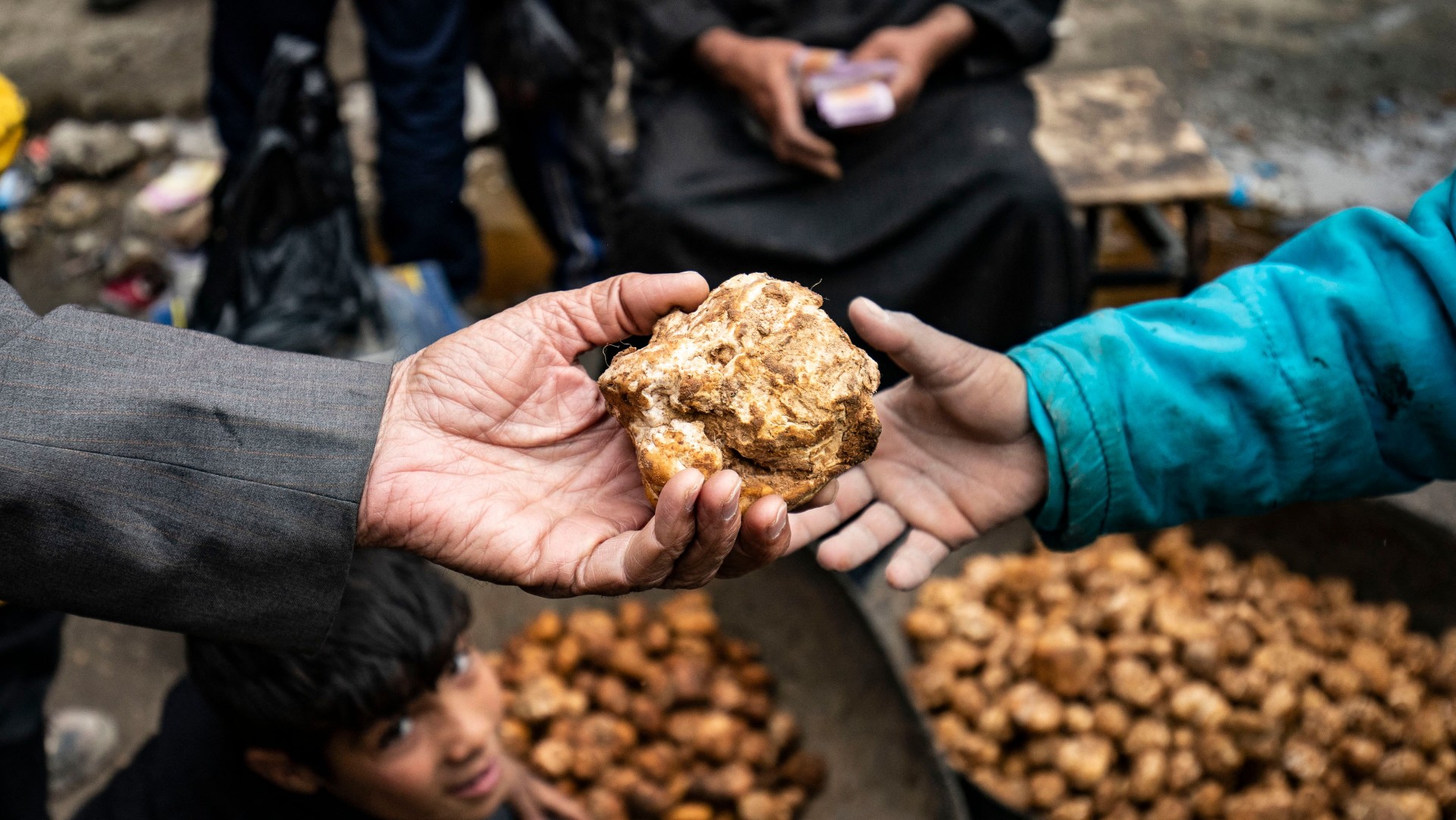
A free daily email with the biggest news stories of the day – and the best features from TheWeek.com
You are now subscribed
Your newsletter sign-up was successful
Islamic State has been accused of deliberately targeting civilian truffle hunters in the Syrian desert making the lucrative pastime increasingly deadly.
The UK-based Syrian Observatory for Human Rights said that “31 people, including 12 pro-regime fighters were killed while collecting truffles in the desert east of [the central city] Hama”.
A once “cherished pastime”, truffle hunting “has become a perilous gamble to make money during desperate economic times”, said The New York Times.
The Week
Escape your echo chamber. Get the facts behind the news, plus analysis from multiple perspectives.

Sign up for The Week's Free Newsletters
From our morning news briefing to a weekly Good News Newsletter, get the best of The Week delivered directly to your inbox.
From our morning news briefing to a weekly Good News Newsletter, get the best of The Week delivered directly to your inbox.
Why are people risking their lives to hunt truffles?
“The Syrian desert is renowned for producing some of the best truffles in the world,” said The Telegraph. Larger, milder in taste and less expensive than their European cousins, Middle Eastern truffles as they are commonly known are nevertheless still a way for Syrians to make some much needed cash, even if “the window of time in which to make money is small as the truffle season only lasts from February to April”, said the BBC.
“Authorities frequently warn against the high-risk practice,” said The Telegraph, but a truffle hunter can fetch up to three million lira a day, roughly $400. “For Syrians, who make a salary of about $35 a month on average, it’s a bounty worth pursuing,” said the Robb Report.
In a country battered by unemployment, inflation, a collapsing currency and 12 years of war and in which, according to the United Nations, 90% of the population lives below the poverty line and more than 50% find it difficult to get enough food, “the dangers of truffle hunting may seem worth it to some”, said the site.
“A bumper crop and high price of truffles this year have made it especially tempting for the hunters,” added The New York Times. “Now, instead of venturing out into the desert with their families, truffle hunters are taking rifles and first aid kits”, the paper reported.
A free daily email with the biggest news stories of the day – and the best features from TheWeek.com
Why are they being targeted?
Syrians hunting truffles are “a very vulnerable group”, said AP, as they often work in large groups in remote areas. This makes them easy prey for Islamic State militants who emerge from the desert “to abduct them, kill some and ransom others for money”.
Since truffle hunting season began in February, more than 230 people, most of them civilians, have been killed in attacks targeting hunters or by landmines left by extremists, said The Telegraph.
In one incident alone this year, IS fighters kidnapped 75 truffle hunters near the ancient city of Palmyra, followed a few days later by an attack on another group that left over 60 dead.
According to the Syrian Observatory for Human Rights, many of the truffle hunters targeted worked for local businessmen close to the Syrian military and pro-government militias, which may have prompted IS to target them, the monitoring group claimed.
Is Islamic State definitely behind the attacks?
While Syrian state media has repeatedly attributed the attacks to Islamic State militants, the group itself has yet to claim responsibility.
“Taking advantage of the dangerous situation and the desperation of those willing to risk it, pro-government forces have coerced truffle hunters to bring them along for protection,” said The New York Times. As well as offering information about where mines have been laid, pro-government militia also demand a large cut of the truffle profits or force the hunters to sell them produce at half the market rate.
While “war profiteering, shakedowns and looting have long been common among armed groups in Syria’s conflict, especially those associated with [President Bashar] al-Assad’s regime”, the paper said, this has led some truffle hunters to “believe that some of the attacks are being carried out by the very same forces offering protection – in order to dissuade people from going alone and leaving them out of a profitable harvest”.
Whatever the case may be, said the Robb Report, “the recent deaths associated with truffle hunting have changed the activity, turning it from a highly anticipated yearly tradition into a purely dangerous outing”.
“In Europe, truffle hunting is a prized sport,” said the site. “In Syria, it’s a potential death sentence.”
-
 Political cartoons for February 16
Political cartoons for February 16Cartoons Monday’s political cartoons include President's Day, a valentine from the Epstein files, and more
-
 Regent Hong Kong: a tranquil haven with a prime waterfront spot
Regent Hong Kong: a tranquil haven with a prime waterfront spotThe Week Recommends The trendy hotel recently underwent an extensive two-year revamp
-
 The problem with diagnosing profound autism
The problem with diagnosing profound autismThe Explainer Experts are reconsidering the idea of autism as a spectrum, which could impact diagnoses and policy making for the condition
-
 Russia and Iran 'up the ante' after meeting in Turkmenistan
Russia and Iran 'up the ante' after meeting in TurkmenistanThe Explainer Two nations talk up their closer ties but some in Tehran believe Putin 'still owes' them
-
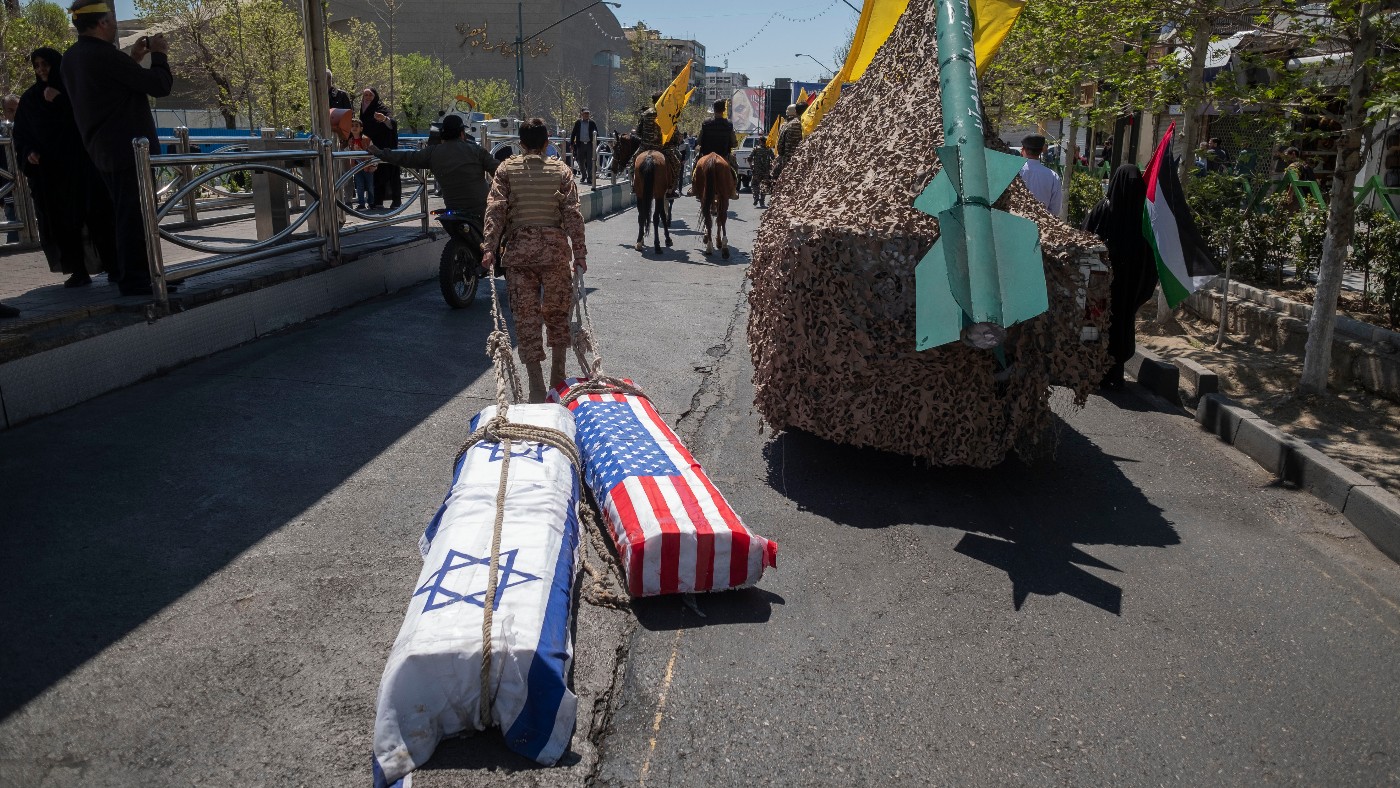 Will Iran risk all-out war with Israel?
Will Iran risk all-out war with Israel?Today's Big Question Tehran has not wanted to be directly involved in the Middle East conflict so far. But that could be about to change
-
 Why is Islamic State targeting Russia?
Why is Islamic State targeting Russia?Today's Big Question Islamist terror group's attack on 'soft target' in Moscow was driven in part by 'opportunity and personnel'
-
 Turkey claims death of 3rd ISIS leader in 2 years
Turkey claims death of 3rd ISIS leader in 2 yearsSpeed Read
-
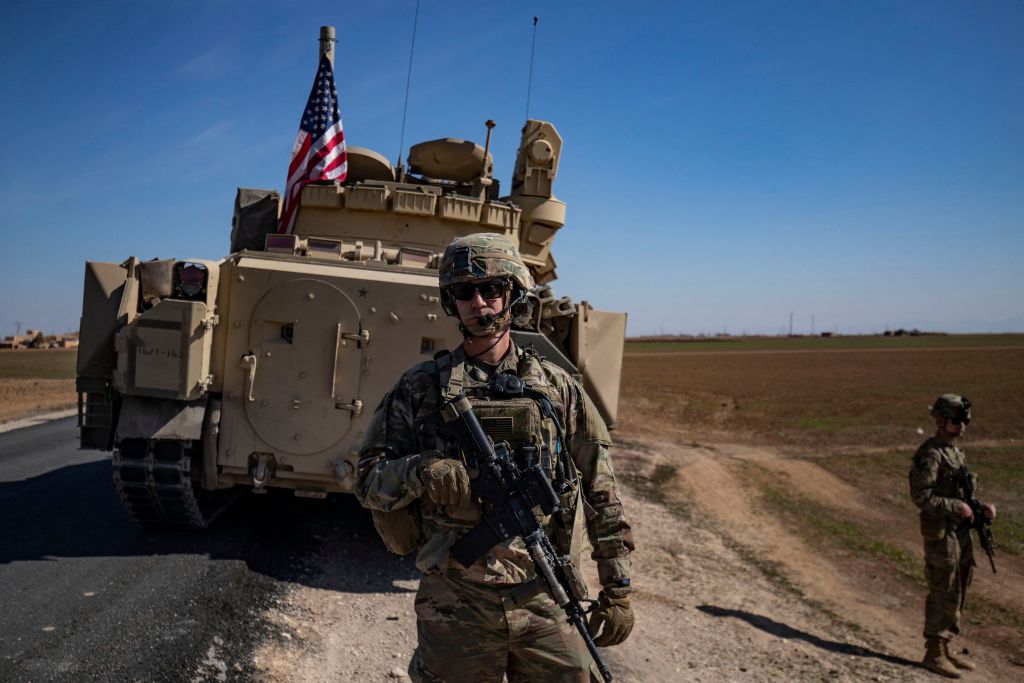 U.S. strikes Iranian-linked targets in Syria after drone attack kills 1 U.S. contractor, wounds 6 others
U.S. strikes Iranian-linked targets in Syria after drone attack kills 1 U.S. contractor, wounds 6 othersSpeed Read
-
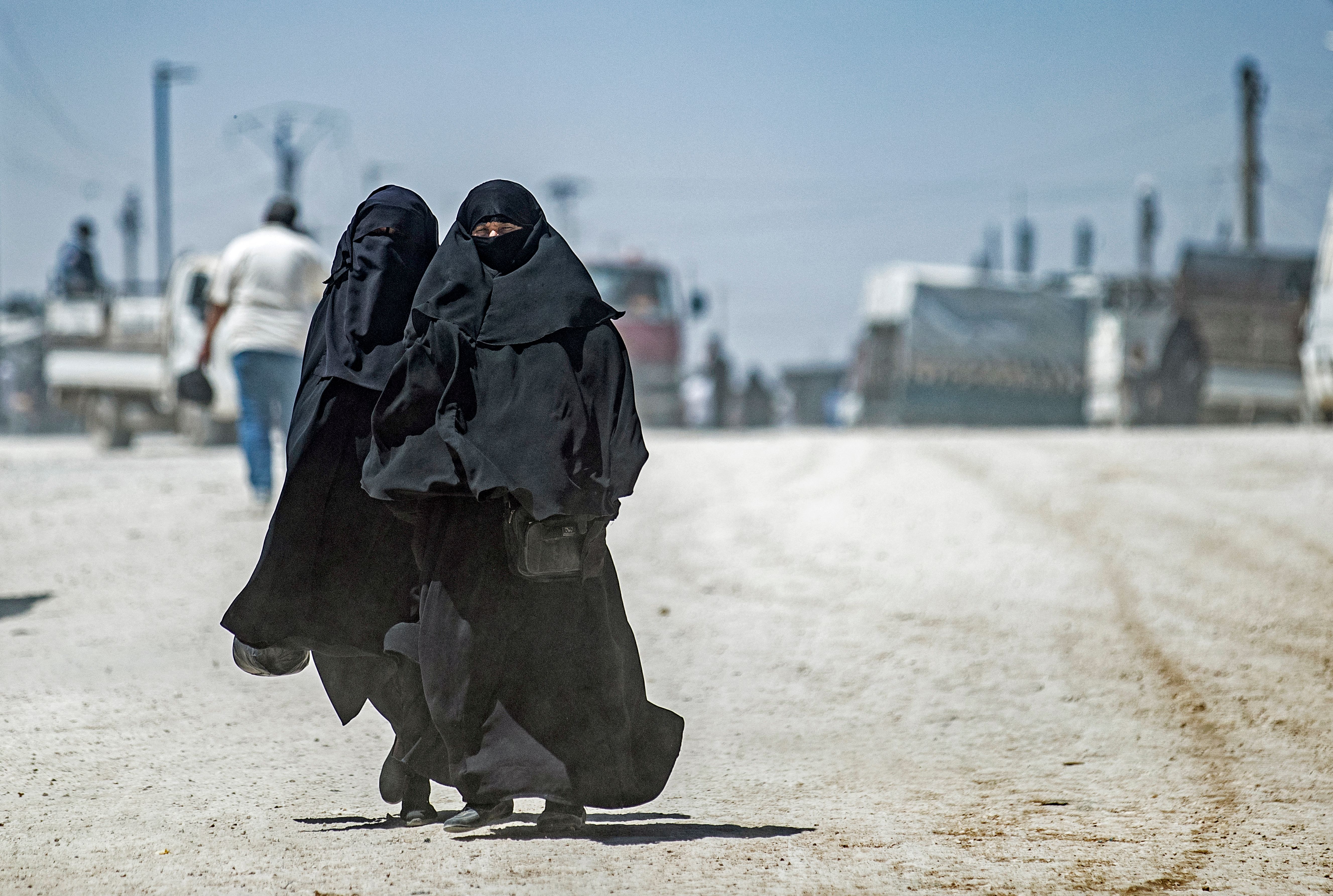 Kansas woman sentenced to 20 years for leading Islamic State battalion
Kansas woman sentenced to 20 years for leading Islamic State battalionSpeed Read
-
 Does Syria offer warnings for Russia’s Ukraine escalation?
Does Syria offer warnings for Russia’s Ukraine escalation?Today's Big Question Pundits say Putin’s appointment of new commander signals switch back to ‘bloody, destructive playbook’ from Syrian civil war
-
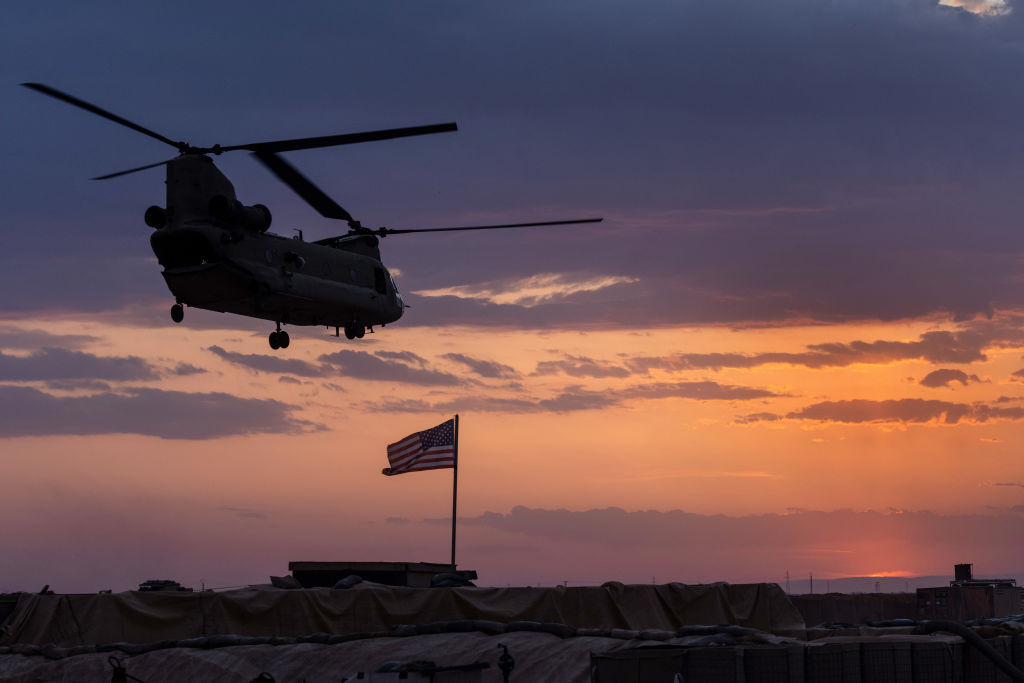 U.S. says it captured a senior ISIS leader in Syria ground operation
U.S. says it captured a senior ISIS leader in Syria ground operationSpeed Read